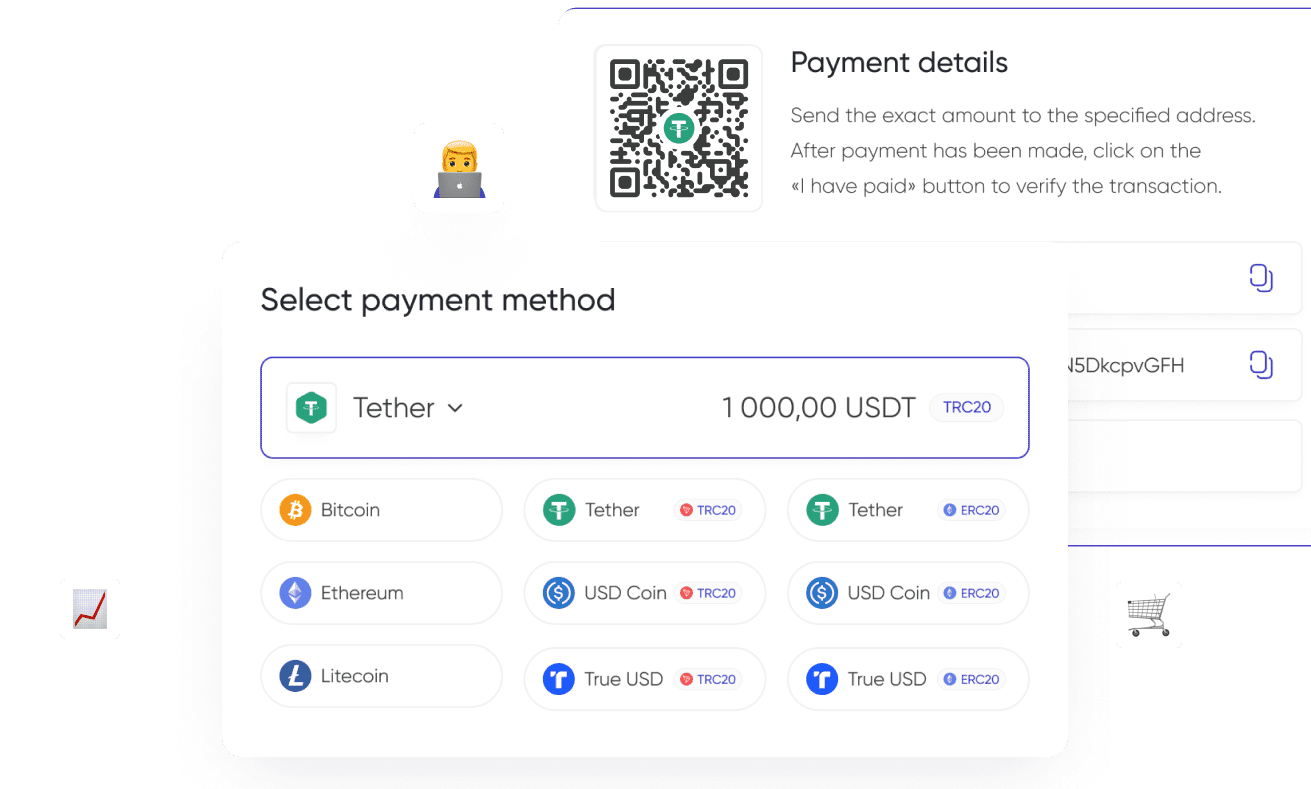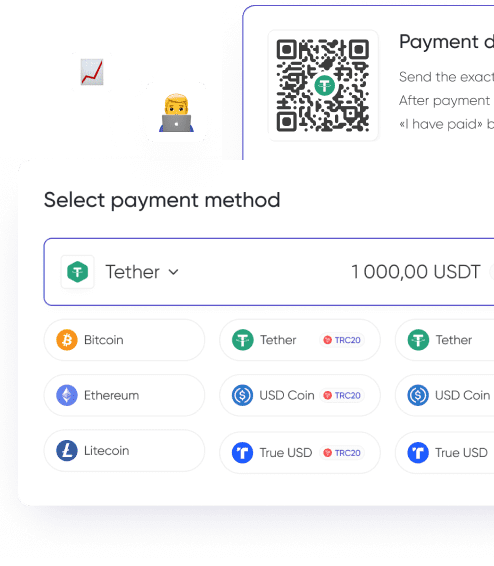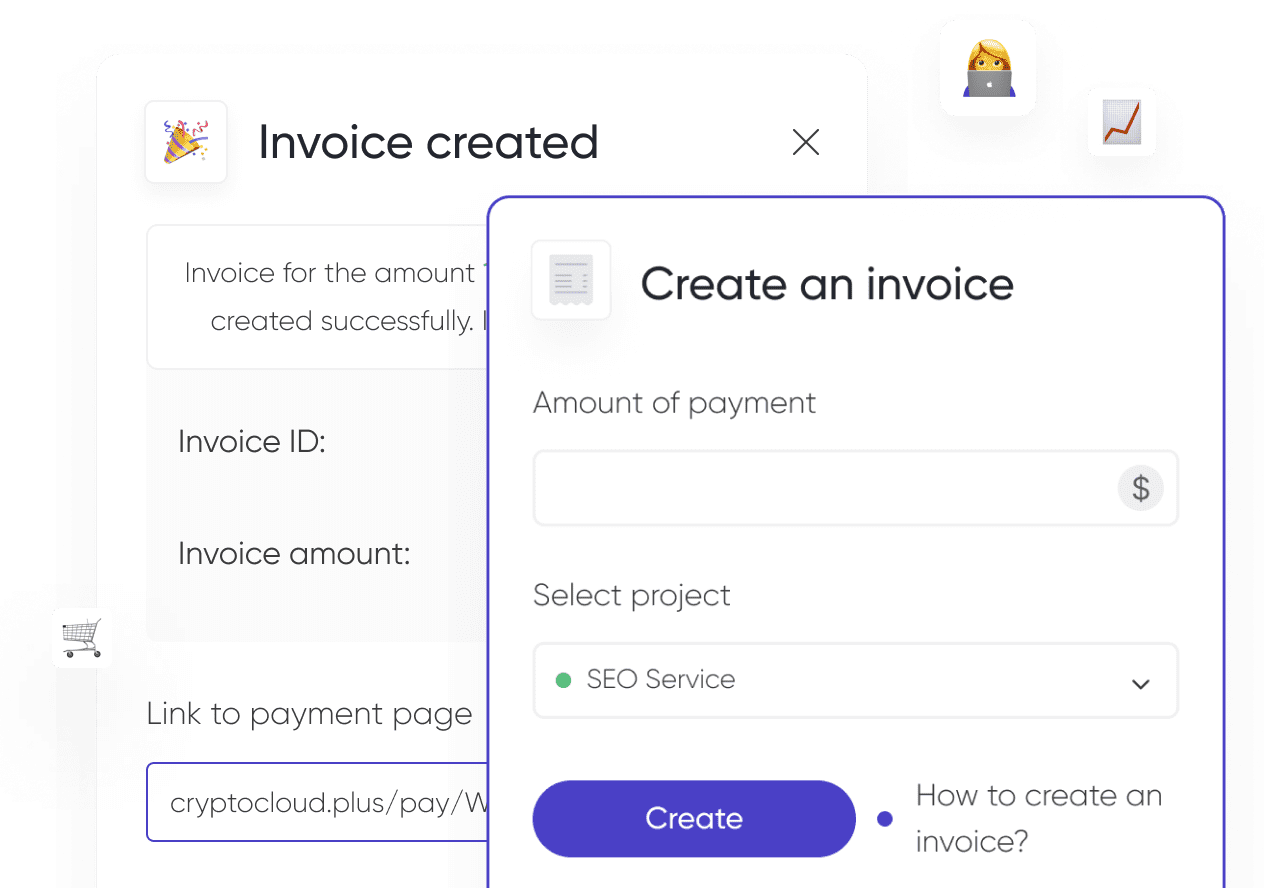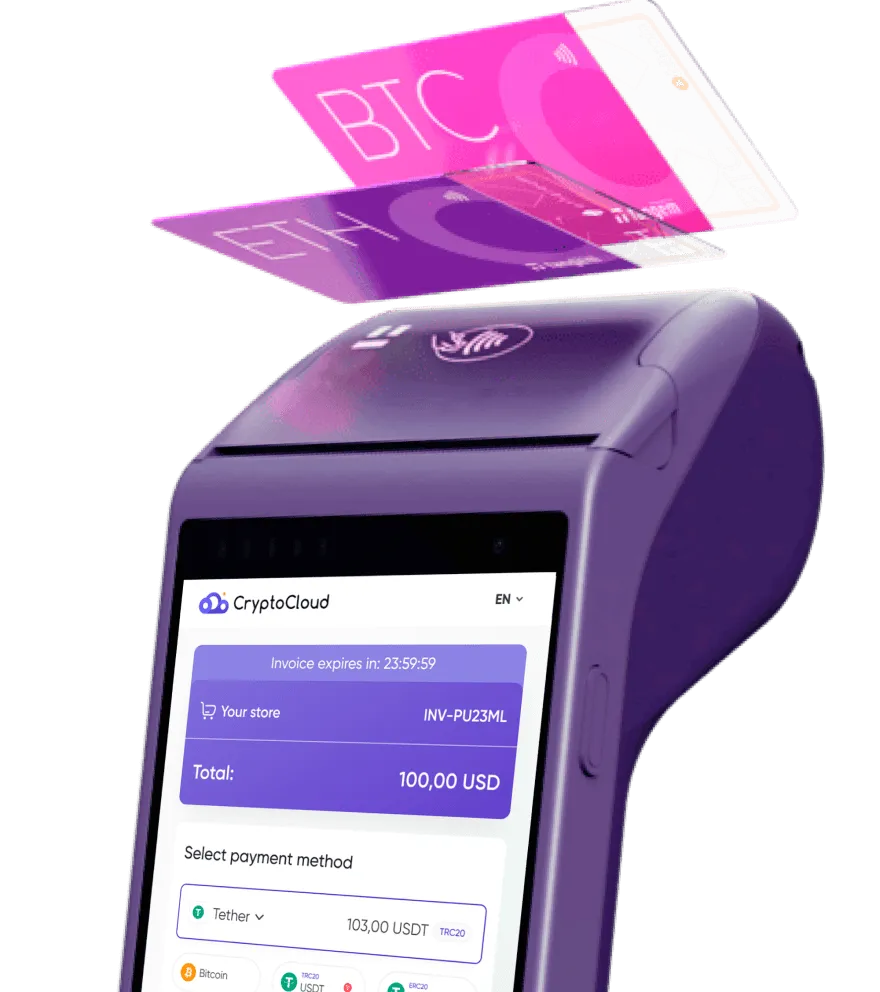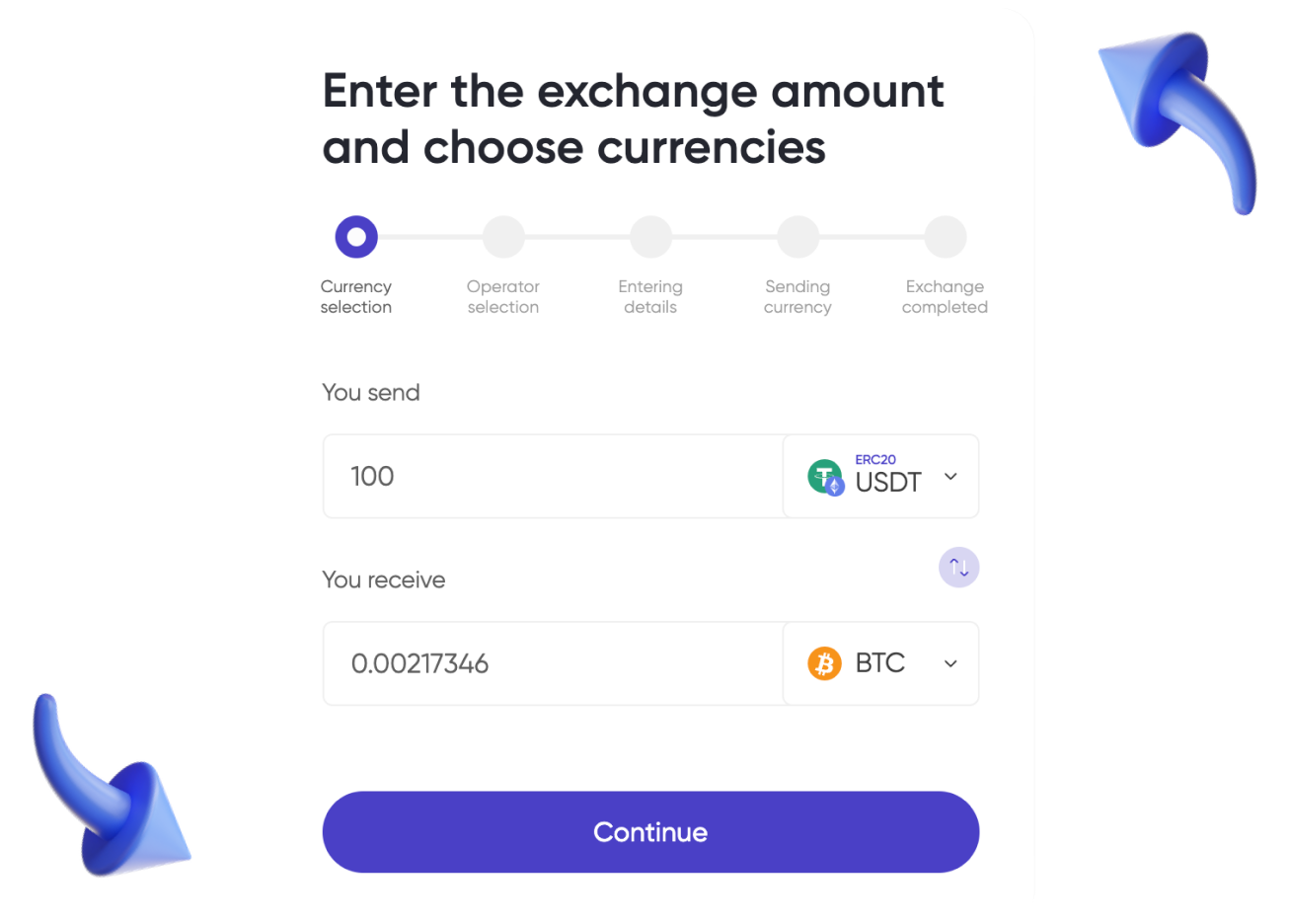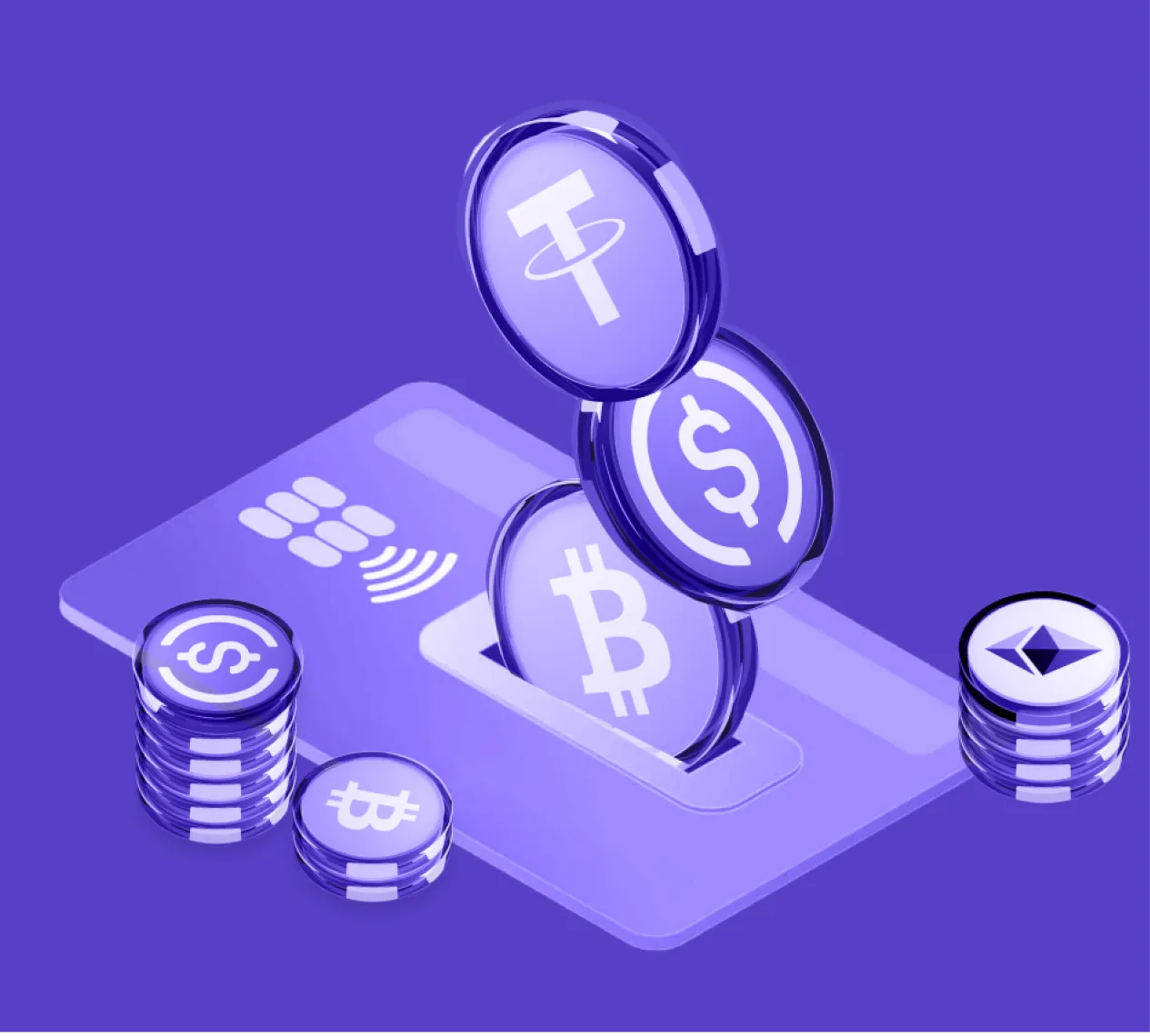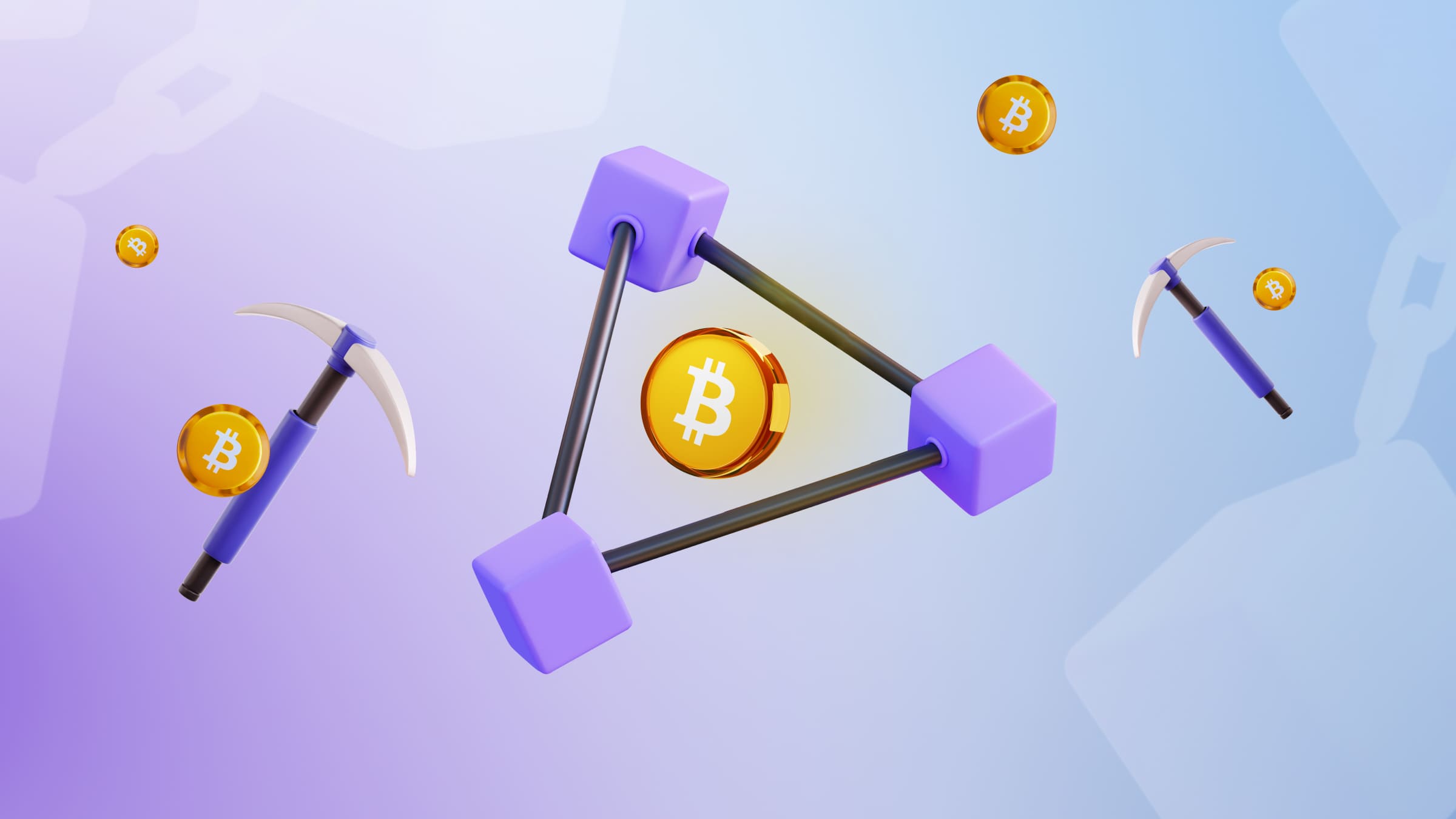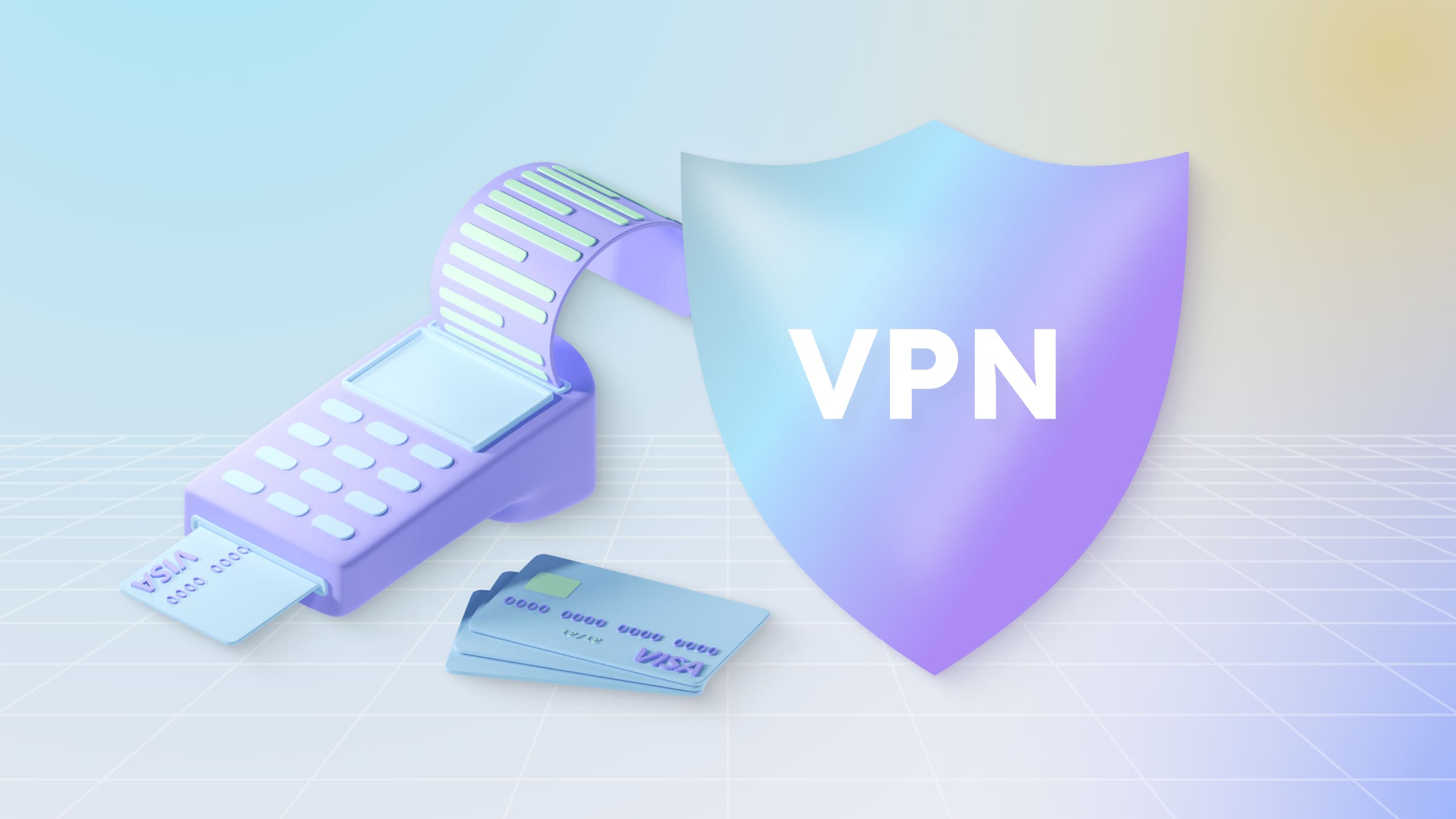Cryptocurrency is an alternative payment method that more and more companies are turning to. According to Statista's forecast, the use of crypto payments is expected to grow by 17% through 2030, up from 2023 figures.
Businesses can accept payments in a range of cryptocurrencies. We tell you what popular options you can consider, which cryptocurrency is profitable to use as a means of payment, and how to organize crypto transaction processing.
Why Should You Accept Cryptocurrency Payments?
Payments via cryptocurrency have several features that are useful for businesses:
- The ability to make international transactions even amidst sanctions. The crypto market is decentralized, which allows cross-border payments in cryptocurrency without restrictions.
- Absence of chargebacks. Chargebacks are one expense a business faces. When using cryptocurrency to accept payments, the client cannot cancel the payment through the bank, which gives the company more opportunities to solve the problem without losing funds and reputation.
- Low fees. The fee for receiving fiat payments can be as high as 5–7%, especially if the payment is made from another country and the transaction requires currency conversion. Even when using an intermediary service, the commission for crypto payments usually does not exceed $1–3.
- Anonymity. Acceptance of cryptocurrency does not require disclosure of personal data of both the sender and the recipient. The only publicly available information is the wallet's public key, i.e., a code that does not contain informatiмon about the account holder.
- Fast transaction processing and independence from banks' opening hours. Crypto transactions are processed at any time of the day. In addition, the speed of payment through cryptocurrency can be influenced by increasing the commission of the network.
The Best Cryptocurrencies for Accepting Payments
Tether
Tether, or USDT, is one of the best cryptocurrencies for accepting payments. It is the most popular coin in the world and is used by most companies launching cryptocurrency payment acceptance.

US dollars fully back the coin and has a 1:1 exchange rate against USD. This simplifies the conversion of the order amount into cryptocurrency and protects the funds from the volatility common to cryptocurrencies.
Bitcoin
Bitcoin stably remains at the top of the top of cryptocurrencies, with a huge gap ahead of the nearest competitor (Ethereum) in terms of market capitalization. It is the most popular coin in the world, and it is the one used by the majority of companies launching cryptocurrency payment acceptance.
Although Bitcoin is inferior to stablecoins in terms of convenience due to the volatility of the exchange rate, its prevalence makes it one of the most sought-after means of crypto payments.
Ethereum
Ethereum is another firm leader in the top cryptocurrencies for accepting payments. It is the second biggest coin that gives holders access to many DeFi applications, smart contracts, and other features.
Due to its prevalence, ETH is supported by many services for crypto payment automation, making it easy to integrate the coin as a means of payment.

Toncoin
Toncoin is a relatively new coin launched by Telegram developers. It represents a token of the TON network. Despite its recent appearance (development began in 2019), the coin quickly gained popularity and entered the top 10 in terms of market capitalization.
Although a community of independent developers now supports the TON network, the Toncoin currency still maintains a close connection with messenger. This makes it in demand among the audience actively using Telegram and makes it easier to sell through this platform.
Binance Coin
Binance Coin is a currency issued by one of the largest crypto exchanges on the market. Originally designed to pay internal fees, the coin is now actively used in the Binance ecosystem and is among the top 5 currencies in market capitalization.
When it launched in 2017, the currency operated on the Ethereum blockchain, but in 2019, it was moved to the crypto exchange's own network, Binance Chain. Belonging to the popular platform ensures the coin's stability and demand, making it a convenient means of payment.
USD Coin
USD Coin (USDC) is another stablecoin on our list. Like USDT, USD Coin's value is pegged to the dollar in a ratio of 1:1, which provides a convenient means of payment in cryptocurrency due to the ease of conversion. USDC is the second most popular stablecoin, second only to Tether.
At the same time, the coin is characterized by greater transparency and reliability due to the issuing company's monthly audits, which makes stablecoin an attractive tool for many users.

Tron
Tron (TRX) is a cryptocurrency on the TRON blockchain. The network was developed as an Ethereum killer and a tool for working with decentralized applications. Although the coin never reached the popularity of ETH, it remains in the top 10 currencies by market capitalization.
The TRON network is actively used for stablecoin transactions, making the coin quite a popular means of payment. Processing transactions involving TRX is supported by many crypto processors.
Shiba Inu
Shiba Inu (SHIB) is a meme decentralized cryptocurrency powered by Ethereum. It was created as an experiment as an alternative to Dogecoin and gained popularity quite quickly. The coin is currently used for both investment and payment transactions.
One of the main features of this currency is its availability. At launch, there were 1 quadrillion available tokens, making Shiba Inu accessible to a wide audience. A system of burning tokens provides inflation protection.
Litecoin
Litecoin was launched as a «lighter» version of Bitcoin. The developers' main task was offering users a coin allowing faster payment transactions. LTC transaction confirmation speeds are approximately four times faster than BTC, making the currency a more convenient option for making payments.
In addition, Litecoin's fees are lower than those of Bitcoin due to the higher number of coins available. This also increases LTC's attractiveness as a means of payment.

How to Accept Cryptocurrency Payments?
There are two main ways to pay with cryptocurrency: direct transfers and crypto processing.
Direct transfers
The customer sends funds straight to the merchant's wallet, processing the order manually. The buyer requests a payment address and sends the currency from their wallet. The company representative converts the order amount and tells where to send the payment. The representative then tracks the receipt of funds and manually confirms the order.
This method of receiving crypto payments is technically simple but not always convenient. It consumes time for both the customer and the company, reducing conversion rates and slowing down the checkout process.
Crypto processing
Cryptocurrency processing is a service for automating crypto transactions. The system takes care of a set of actions that would otherwise need to be performed by the company manager: currency conversion, commission calculation, payment tracking, and order confirmation.
As a result, the customer can pay for the purchase with cryptocurrency at any time, including after hours, and the company does not need to spend resources on processing orders manually. Some services offer additional functions: generation of reports and analytics, auto conversion of funds, etc.
Connecting Crypto Processing
Cryptocurrency payment services can be used to receive payments on the site and work outside it. In the first case, an integrated checkout is used; in the second case — payment link that transfers the client to the payment page.
Let's consider checkout connection on the example of CryptoCloud:
- Registration. You only need e-mail and Telegram to create an account.
- Adding a project. You will need to briefly answer questions about the project, as well as add links to certain pages: order confirmation, error notification, etc.
- Connecting. For this purpose, you can use ready-made plugins for popular platforms, as well as a versatile API. The service offers detailed text and video instructions on integration.
- Test payment. Carrying out such a payment will allow you to make sure that the system works properly.
- Launching crypto payments.
When adding a project, the user has access to several settings: currencies, the payment side of the commission, payment accuracy, activation of AML checks, and automatic conversion to USDT. The payment page can be customized by adding a company logo. The service commission is 0.4%.
With CryptoCloud, merchants can accept payments in popular cryptocurrencies: Bitcoin, Tether, Ethereum, USD Coin, True USD. The list of available currencies is regularly updated.
Cryptocurrency Payments for Business
Cryptocurrency payments are useful tools for businesses, and they became especially relevant after the introduction of sanctions. Such transactions are unaffected by restrictions, anonymous, secure, and protected from charge checks.
You can accept payments using various cryptocurrencies: BTC, ETH, USDT, etc. Regardless of the chosen currency, it is recommended to connect crypto processing, such as CryptoCloud, for convenient payment processing. The service offers a user-friendly interface, tools for working with statistics, a high level of security, and fast withdrawal of funds.







